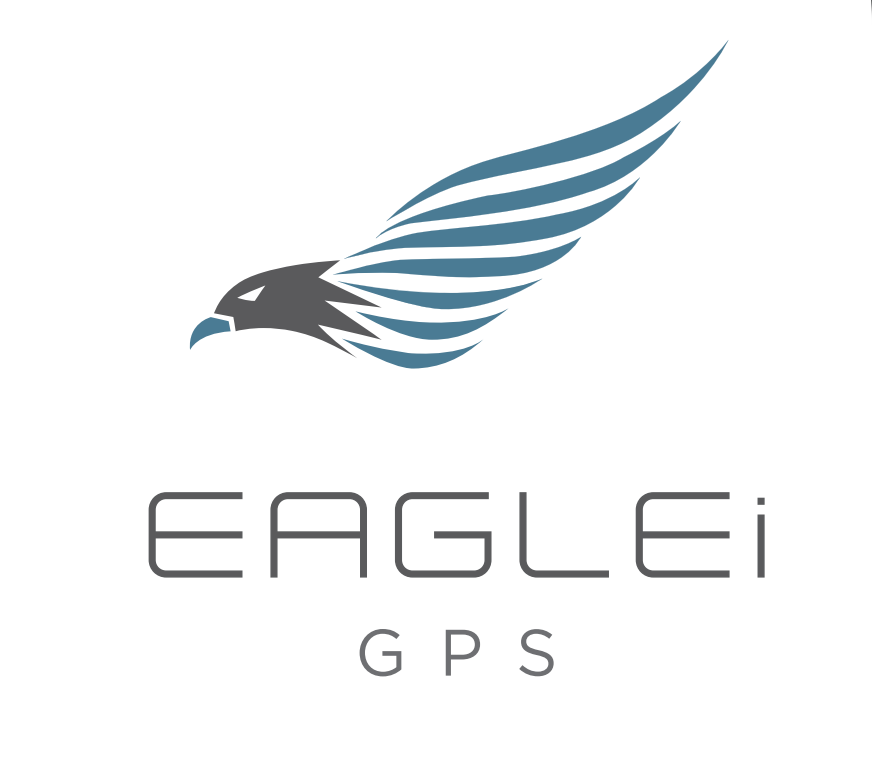The Definitive Guide to GPS Fleet Tracking
GPS fleet tracking is a technology that uses global positioning systems (GPS) to track the location and performance of fleet vehicles in real-time. It’s become an essential tool for businesses that operate fleets of vehicles, such as delivery companies, transportation services, and construction companies, as it provides real-time data and analytics that can help improve efficiency, productivity, and safety.
Benefits of GPS Fleet Tracking
The benefits of GPS fleet tracking are numerous and include:
- Real-Time Vehicle Tracking: GPS tracking systems allow you to track the location of your fleet vehicles in real-time, giving you accurate and up-to-date information about their whereabouts.
- Improved Fleet Efficiency: By monitoring vehicle performance, fuel consumption, and driver behavior, GPS tracking systems can help you optimize your fleet operations, reduce fuel costs, and improve overall efficiency.
- Enhanced Safety: GPS tracking systems can help you monitor driver behavior and identify safety issues such as speeding or harsh braking, allowing you to take corrective action before accidents occur.
- Reduced Theft and Unauthorized Use: GPS tracking systems can help prevent theft and unauthorized use of fleet vehicles by providing real-time location data and alerts when vehicles are used outside of designated areas or hours.
- Better Customer Service: GPS tracking systems can help you improve customer service by providing accurate and up-to-date information about the location of your vehicles and estimated delivery times.
How GPS Fleet Tracking Works
GPS fleet tracking works by using GPS technology to track the location and performance of fleet vehicles. The GPS device installed in each vehicle communicates with GPS satellites to determine its location and speed, and sends this data back to a central server via cellular or satellite networks. The server then processes this data and makes it available to fleet managers through a web-based dashboard or mobile app.
Types of GPS Fleet Tracking Systems
There are two main types of GPS fleet tracking systems:
- Hardwired GPS Tracking Systems: Hardwired GPS tracking systems are permanently installed in fleet vehicles and are typically more robust and reliable than their wireless counterparts. They require professional installation and can be more expensive upfront, but often provide better long-term value and reliability.
- Wireless GPS Tracking Systems: Wireless GPS tracking systems are portable and easy to install, typically using a plug-and-play device that can be easily attached to the OBD-II port in a vehicle. They are more affordable upfront and don’t require professional installation, but can be less reliable and more prone to signal loss in areas with poor cellular coverage.
Factors to Consider When Choosing a GPS Fleet Tracking System
When choosing a GPS fleet tracking system, there are several factors to consider, including:
- Cost: GPS fleet tracking systems vary in price, and it’s important to choose a system that fits within your budget.
- Scalability: If you plan to expand your fleet in the future, it’s important to choose a GPS tracking system that can scale with your business.
- Features: Different GPS tracking systems offer different features, such as real-time tracking, driver behavior monitoring, and maintenance tracking. Consider which features are most important for your business.
- Reliability: GPS tracking systems can vary in reliability, with some systems experiencing signal loss or other technical issues. Look for a system with a track record of reliability and good customer reviews.
- Installation: Some GPS tracking systems require professional installation, while others can be easily self-installed. Consider which option is most convenient and cost-effective for your business.
- Support: Look for a GPS tracking provider that offers comprehensive customer support, including phone and email support, online resources, and training materials.
Key Features of GPS Fleet Tracking Systems
GPS fleet tracking systems offer a wide range of features, including:
- Real-time Tracking: GPS tracking systems allow you to track the location of your fleet vehicles in real-time, giving you up-to-the-minute data on their whereabouts.
- Driver Behavior Monitoring: Some GPS tracking systems can monitor driver behavior, including speed, harsh braking, and acceleration, allowing you to identify safety issues and improve driver performance.
- Fuel Monitoring: GPS tracking systems can monitor fuel consumption and idling time, helping you identify areas for fuel savings and reduce costs.
- Maintenance Tracking: GPS tracking systems can track vehicle maintenance schedules and alert you when vehicles are due for maintenance, helping you reduce downtime and prolong the lifespan of your fleet vehicles.
- Geofencing: GPS tracking systems can create virtual boundaries around designated areas, such as job sites or customer locations, and alert you when vehicles enter or exit these areas.
- Custom Reporting: GPS tracking systems can generate custom reports on a variety of metrics, including vehicle location, driver behavior, and fuel consumption.
Benefits of GPS Fleet Tracking for Specific Industries
GPS fleet tracking can benefit a wide range of industries, including:
- Delivery and Logistics: GPS fleet tracking can help delivery and logistics companies optimize routes, reduce fuel costs, and improve customer service.
- Construction: GPS fleet tracking can help construction companies monitor the location of equipment and vehicles, prevent theft, and improve safety.
- Field Service Management: GPS fleet tracking can help field service companies manage their fleets more efficiently, reducing fuel costs and improving response times.
- Towing: GPS fleet tracking can help towing companies locate disabled vehicles more quickly, reduce fuel costs, and improve customer service.
- Municipalities: GPS fleet tracking can help municipalities manage their fleets more effectively, improving efficiency and reducing costs.
Factors That Affect GPS Tracking Accuracy
While GPS fleet tracking can provide accurate and reliable data, several factors can affect tracking accuracy, including:
- Signal Interference: Signal interference from buildings, trees, and other obstacles can cause GPS tracking systems to lose or weaken their signals.
- Weather Conditions: Weather conditions such as heavy rain, snow, or fog can also affect GPS tracking accuracy.
- Device Quality: The quality of the GPS tracking device can also affect accuracy, with higher-quality devices generally providing more accurate data.
- Software Accuracy: The accuracy of the software used to process GPS data can also affect accuracy, with some software providing more precise location data than others.
GPS Fleet Tracking and Compliance
Many industries are subject to regulations related to fleet operations, including hours-of-service regulations and vehicle inspection requirements. GPS fleet tracking can help companies ensure compliance with these regulations by providing real-time data on driver behavior and vehicle maintenance schedules.
In addition, some industries have specific compliance requirements related to fleet operations. For example, the trucking industry is subject to the Federal Motor Carrier Safety Administration (FMCSA) electronic logging device (ELD) mandate, which requires drivers to use ELDs to record their hours of service (HOS) data.
Choosing the Right GPS Fleet Tracking System for Your Business
Choosing the right GPS fleet tracking system for your business can be a complex process, with a wide range of options to consider. Some key factors to consider include:
- Cost: GPS fleet tracking systems can vary widely in cost, with some systems requiring significant up-front investment and ongoing subscription fees.
- Features: Consider which features are most important for your business, such as real-time tracking, driver behavior monitoring, or maintenance tracking.
- Scalability: Look for a GPS tracking system that can scale as your business grows, with the ability to add new vehicles and features as needed.
- Integration: Consider whether the GPS tracking system can integrate with other software and systems used by your business, such as dispatch software or fuel management systems.
- Customer Support: Look for a GPS tracking provider that offers comprehensive customer support, including phone and email support, online resources, and training materials.
Conclusion
GPS fleet tracking can provide a wide range of benefits for businesses of all sizes and industries, from improving efficiency and reducing costs to enhancing safety and compliance. By understanding the key features and considerations involved in GPS fleet tracking, businesses can choose the right system for their needs and start reaping the benefits of this powerful technology.
Get Started with GPS Fleet Tracking
Ready to start with the benefits of GPS fleet tracking for your business? Contact our team today to learn more about our GPS fleet tracking solutions and how they can help your business achieve its goals.






